The LCK is introducing new regulations regarding player salaries for each League of Legends team in the division, with a hard salary cap for starting rosters and a luxury tax similar to that used in traditional sports leagues like the NBA or the MLB.
This Sporting Financial Regulation (SFR) will kick in for the Korean division from the beginning of the 2023 offseason following October’s World Championships, the LCK announced on July 18.
The cap will be based on the total salary paid to the starting roster by each League organization, and won’t include any substitutes or benched players.
The cap includes both a minimum level—set to 70 percent of a team’s revenue earned over the course of 2022—and an upper limit. Any team spending over the maximum will be forced to pay an excess as a “luxury tax” to those who spent below the max. Teams must reach the minimum level of the cap to earn their cut of the luxury tax.
There is no limit to how much an individual League player can receive; only, when all five of the starting roster are combined, the team must fall within that 30 percent level. The LCK has included exceptions to these limits, with specific bonuses depending on an individual player’s success both at home and abroad.
Fifty percent of a player’s salary will be exempt from the cap if that star has won five or more LCK splits in their career or three top-tier international tournaments like MSI and Worlds. At this time, only T1’s Faker and Gen.G’s Peanut satisfy these exemptions.
Thirty percent of the player’s salary will be waived if they were a veteran of the org, with over three years spent with that team. Canyon, Gumayusi, and Showmaker fall under this level. Should a player satisfy multiple exemptions, the discount will instead be 30 to 40 percent.
“This SFR seeks to allow the sustainable growth of teams, players, and the league by regulating each team’s salary expenditures to an appropriate level,” the LCK said in its announcement, highlighting 2022’s agent authorization and rookie development programs as similar steps towards a more feasible league.
Related: LCK introduces new policies targeting rookies, agents, contracts
Gen.G chief executive Arnold Hur revealed in May earlier this year that his League team had “never turned a profit” despite leading the LCK at the time in sponsorship revenue for the bulk of the 2022 and 2023 seasons. Hur was hoping a new business model would be implemented by the LCK to save drowning organizations.
This may just be the business model Hur and others have been asking for, but of course, only results will tell. Many have called for similar cap limits to be introduced in other regions following today’s announcement.


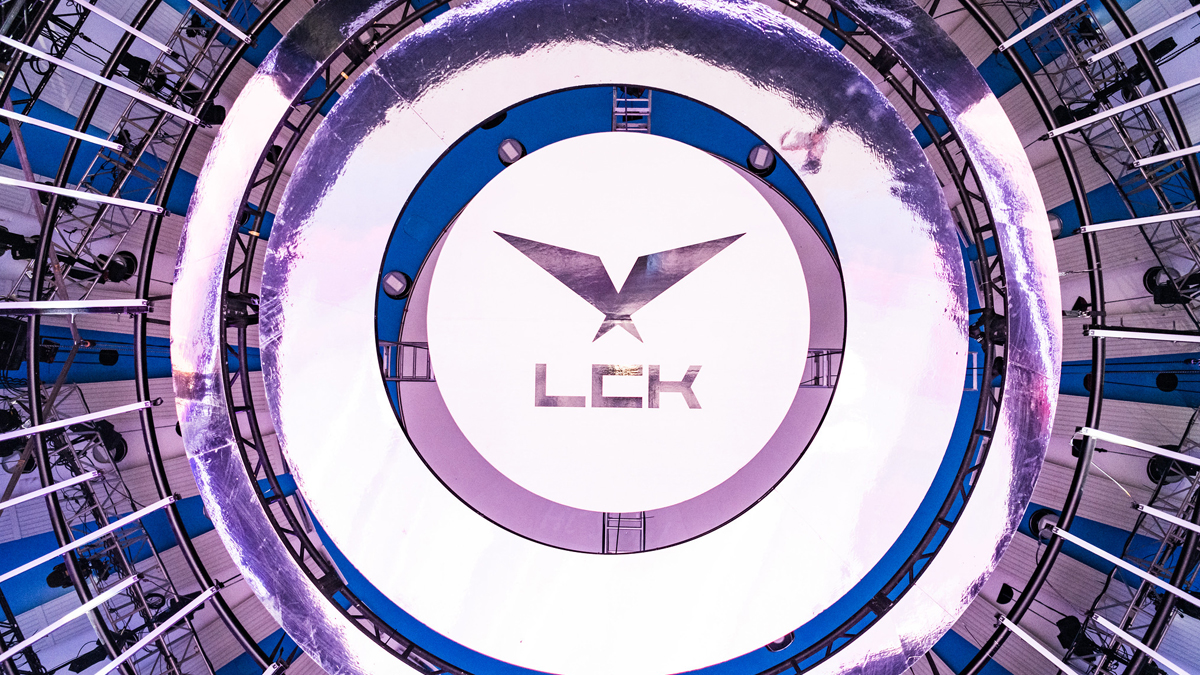
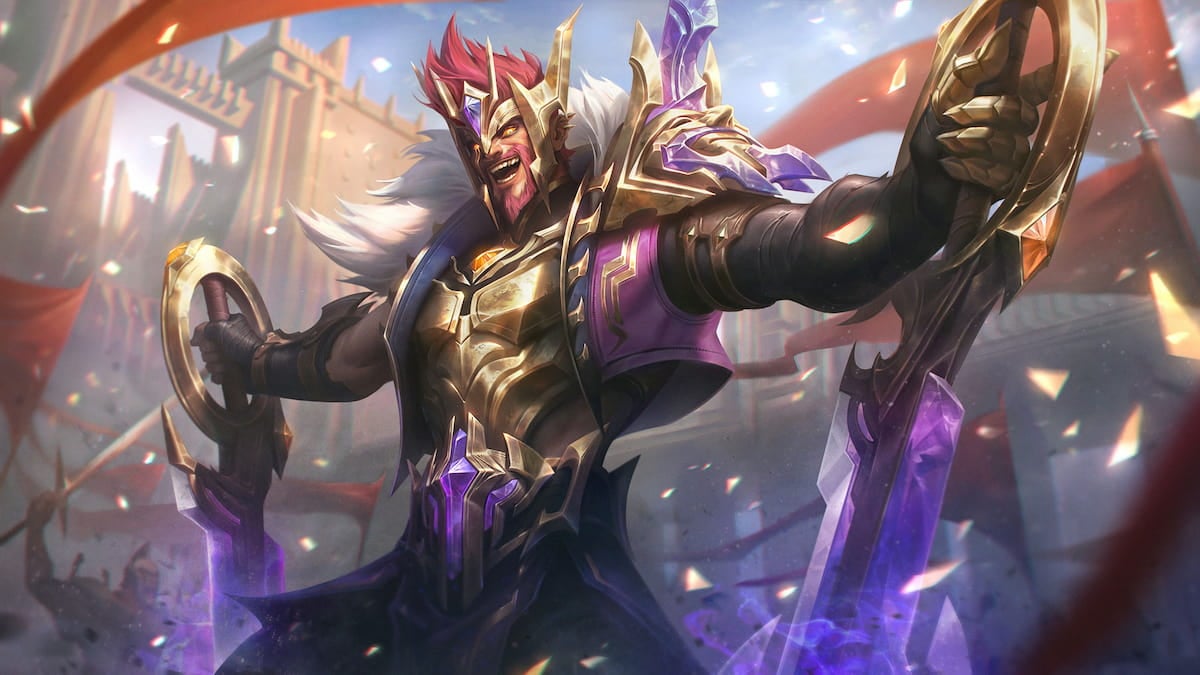
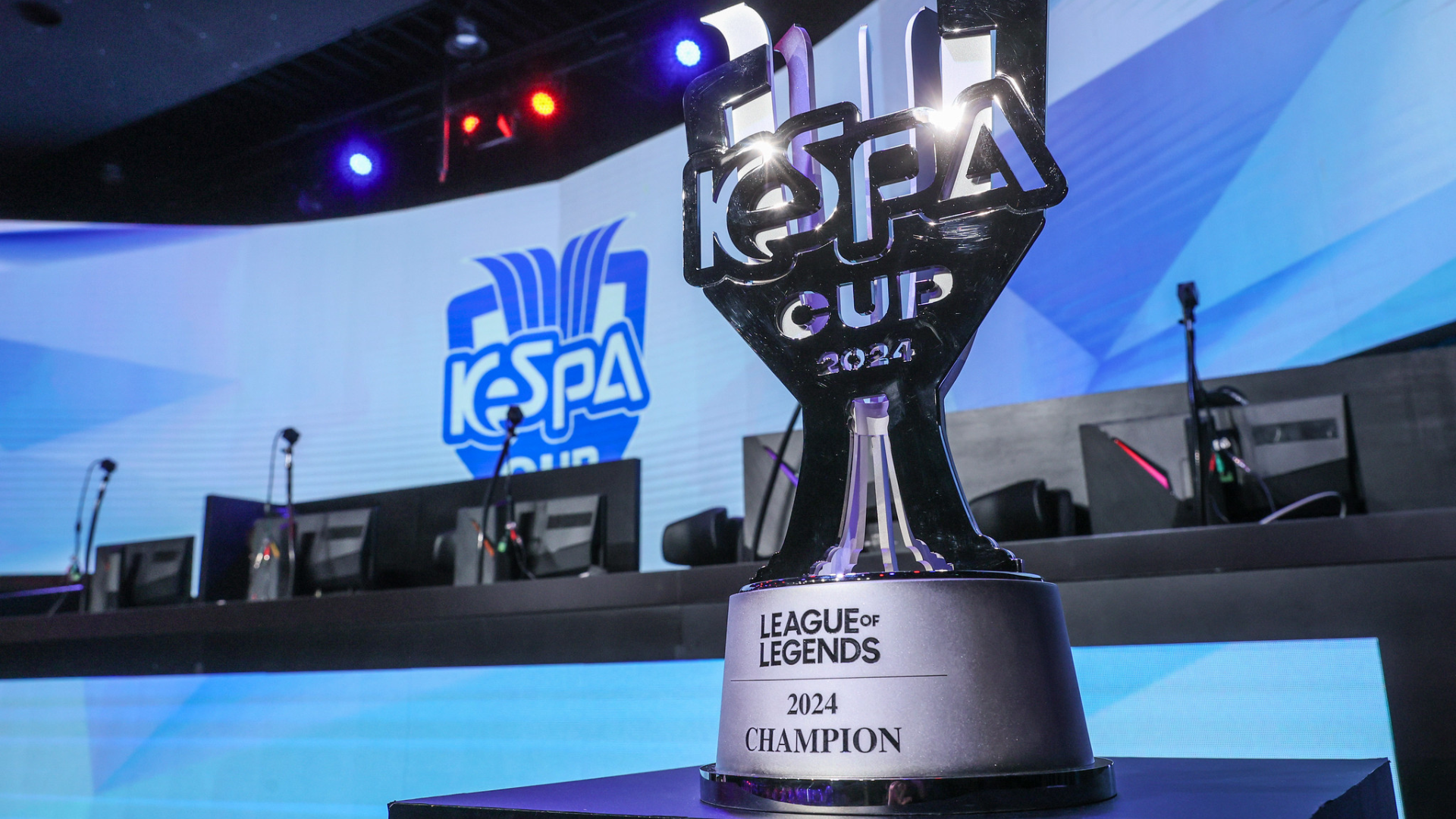



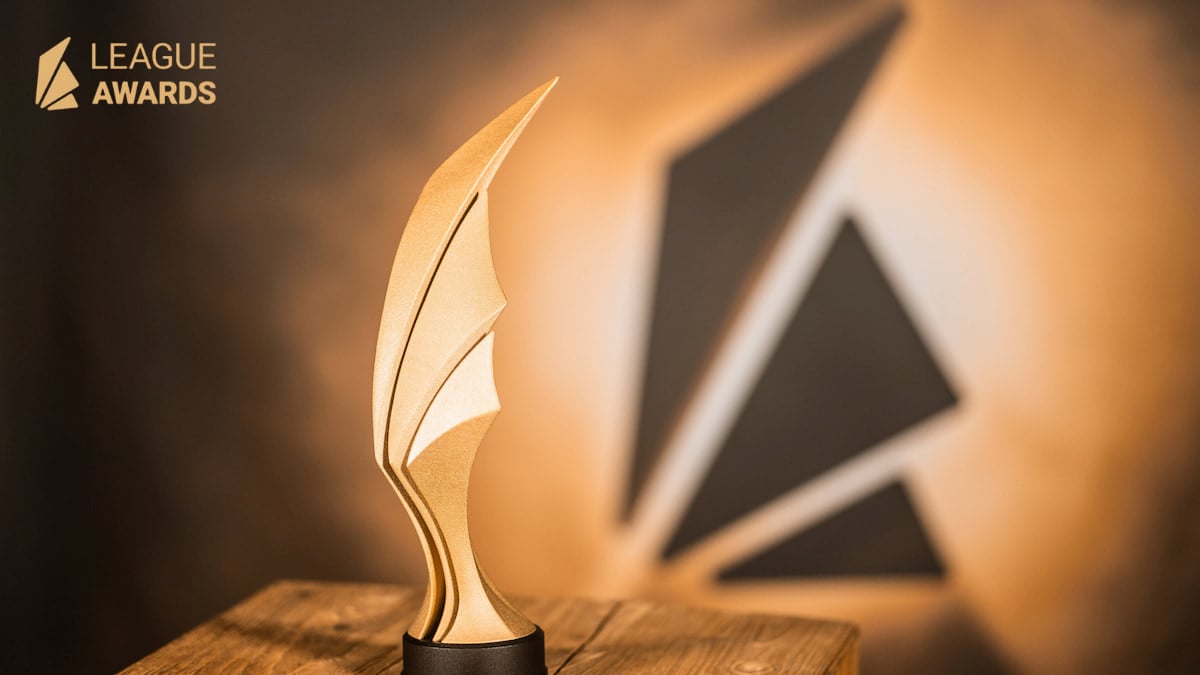


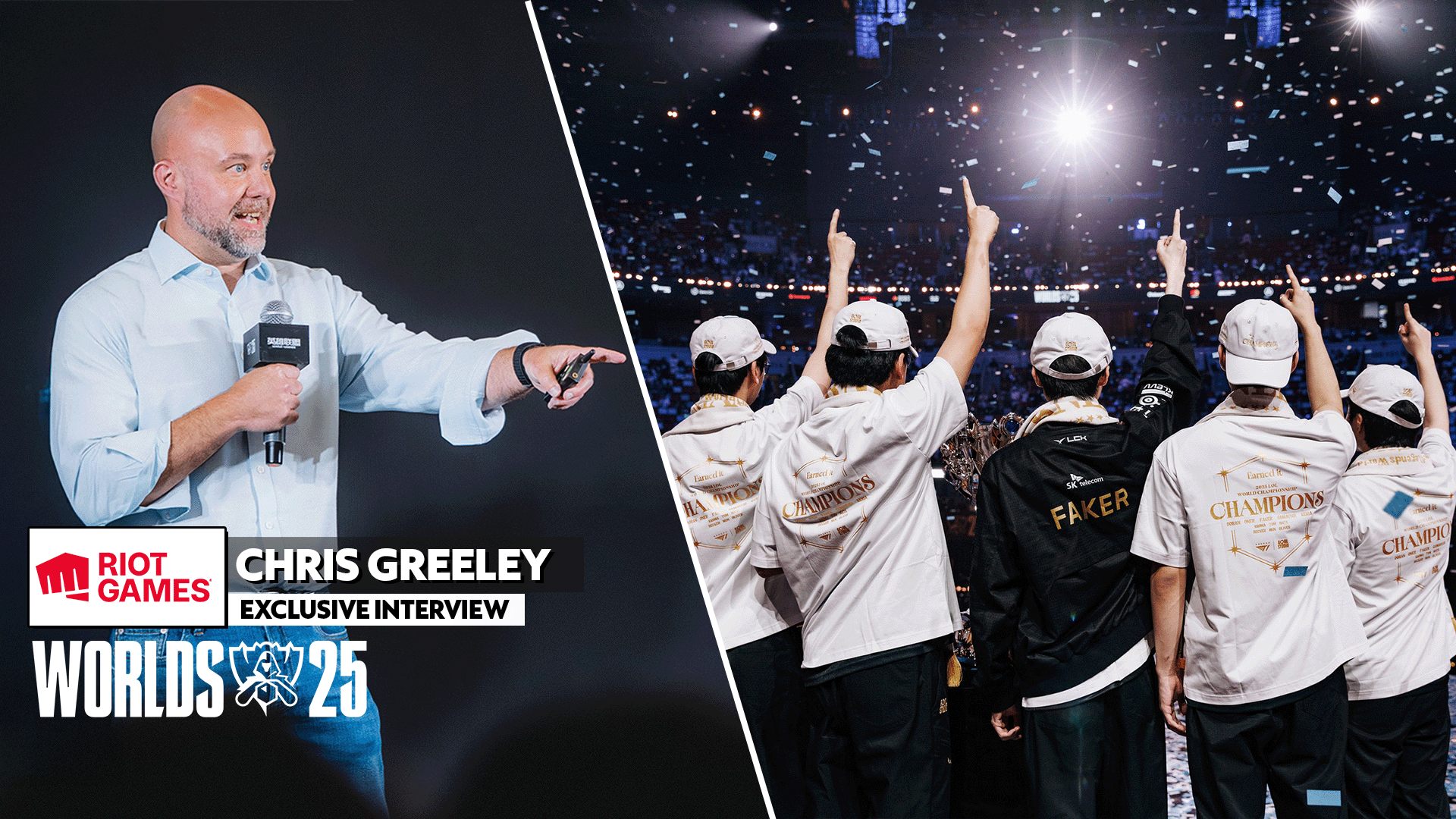
Published: Jul 19, 2023 01:39 am